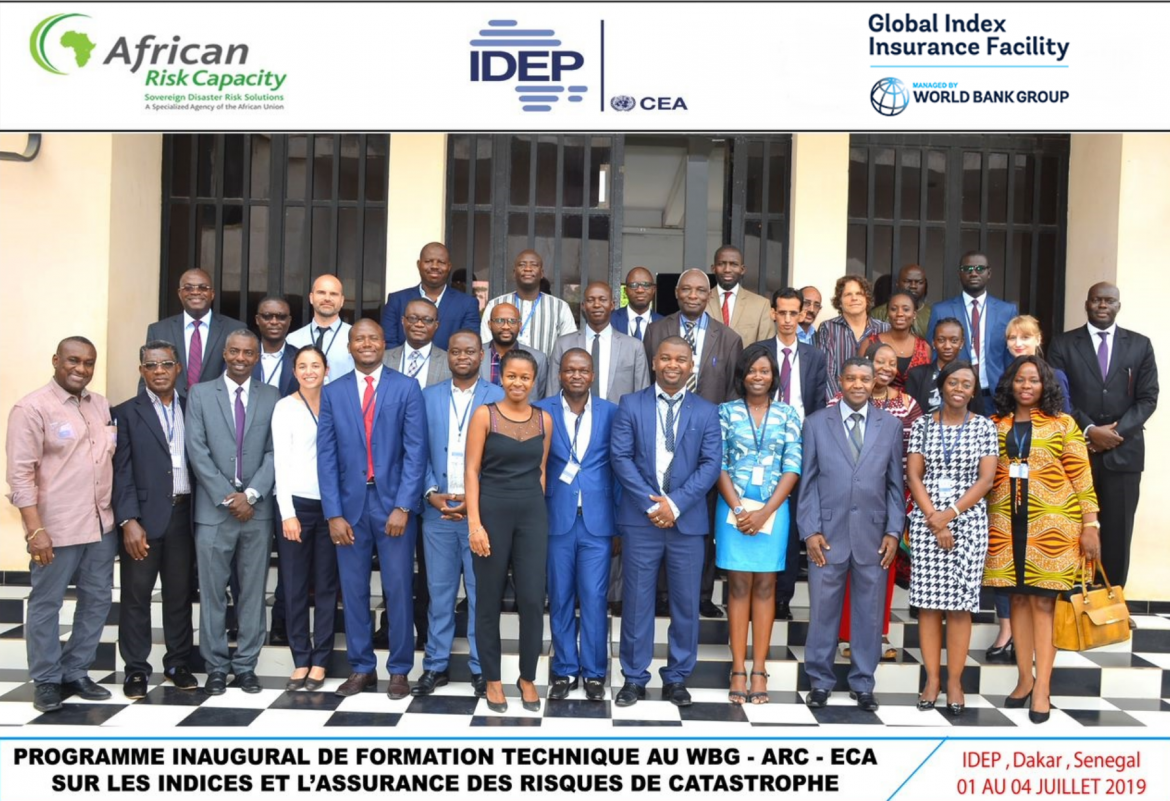United Nations, IFC, African Risk Capacity, and AAISA Work Towards Creating Disaster Risk Insurance Markets in Africa
You are here

Dakar, Senegal, June 24, 2019— IFC, a member of the World Bank Group, together with the African Union’s African Risk Capacity agency and the United Nations Economic Commission for Africa today opened a two-week training event on index and disaster risk insurance. The training will help African governments, the private sector, and the international community carry out financial planning to protect vulnerable populations against climate shocks, disasters, and other crises.
Index and disaster risk insurance products help protect agribusinesses, farmers, and other low-income populations against environmental risks such as drought, floods, erratic rainfall, and other natural hazards, as well as against natural disasters and the effects of climate change. Access to these types of affordable insurance products will help those affected mitigate the effects of these climate-related shocks, protecting them against catastrophic losses and unlocking access to finance.
The training workshops - offered in English the first week and in French the second week – will allow participants to discuss ways of exploiting their relative strengths to successfully implement these innovative types of insurance in their countries.
Faheen Alibhoy, IFC Country Manager for Senegal, said: “The World Bank Group is committed to working with the African Union and UNECA to create new, sustainable agricultural and disaster risk insurance markets in Sub-Saharan Africa. Working together, we can achieve greater combined results that contribute to the development goals of all three institutions.”
The training workshop in Dakar is the first of a series of activities that will be run jointly by the three institutions. Participants include representatives of ministries of agriculture and finance, insurance regulators, as well as insurance companies offering (or planning to offer) index and disaster risk insurance in Sub-Saharan Africa, from Senegal, Angola, Burkina Faso, Côte d’Ivoire, Chad, Democratic Republic of the Congo, Kenya, Malawi, Mauritania, Guinea, Niger, and Zimbabwe.
